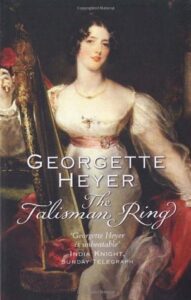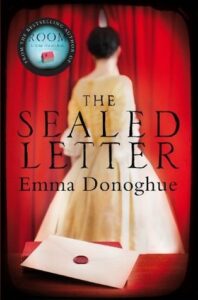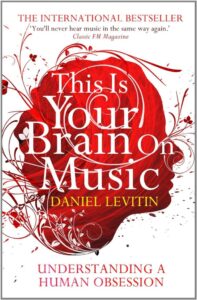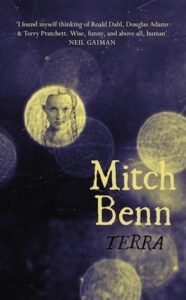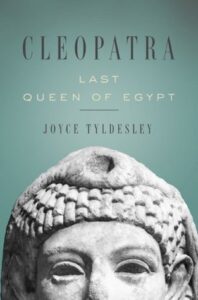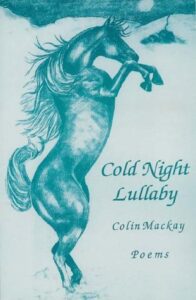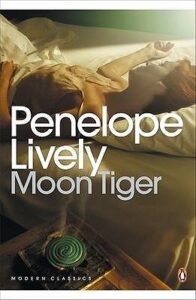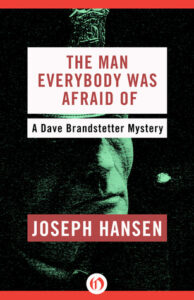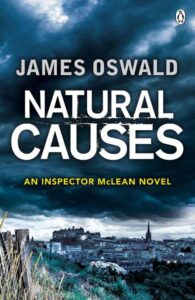 Natural Causes, James Oswald
Natural Causes, James Oswald
I’m not entirely sure why I originally picked this up; I think it might have been one of those deals where you can get a book for £2.99 if you buy The Telegraph, or whichever other newspaper. At the time, I was regularly buying the newspaper for my grandmother, and if her choice of paper wasn’t available, I’d pick something else more or less at random. A newspaper that offers a cheap book alongside it is always going to win with me, of course.
Anyway, so I knew little about this book going in. It seems to have caused no little frustration for some people: though marketed as a crime fiction novel, in fact the cause of the murders turns out to be supernatural. The murder can’t be solved unless you assume the presence of a demon which jumps between different people’s bodies, despite the fact that the rest of the story builds up clear chains of evidence, links together cases, etc. I don’t mind that, but I do think there’s a bit of a sense this book was mismarketed — though equally, I don’t think it’d appeal to the more fantastical crowd either. It’s no Rivers of London or Storm Front. The two elements sit oddly side by side here, and to me, it’s not clear where it’s going to go as a series. Is McLean going to become a supernatural investigator? Or was this the one strange case of his career? Presumably not the latter, since this is the first book of a series, but it’s not obvious.
The pacing is relatively sedate: it feels like a police procedural. I think that’s the problem — it’s a police procedural with supernatural trappings, and that just doesn’t seem to wash. It’d have to be more integrated — something like, to harp on it, Rivers of London.
I’m not that interested in reading other books, though it wasn’t a bad experience. Shades of fridging, though: the main murder victim is an innocent young girl whose case consumes the inspector’s thoughts because of her youth and innocence, a young PC dies to protect the main character (presumably mostly for his sense of guilt), and the most important woman in McLean’s life is his comatose grandmother, who dies partway through. Hm.
Rating: 2/5
 Predictably Irrational, Dan Ariely
Predictably Irrational, Dan Ariely

